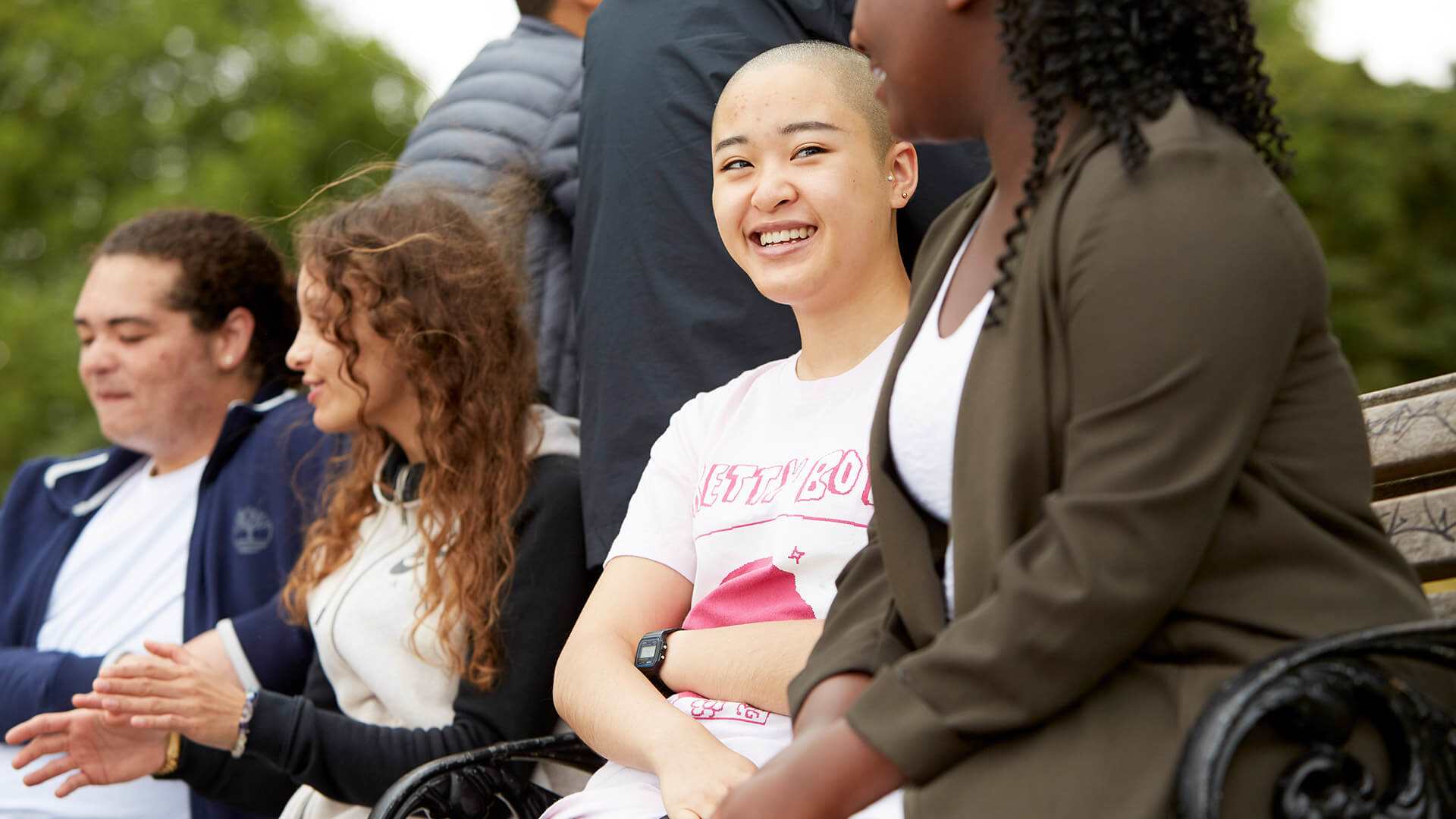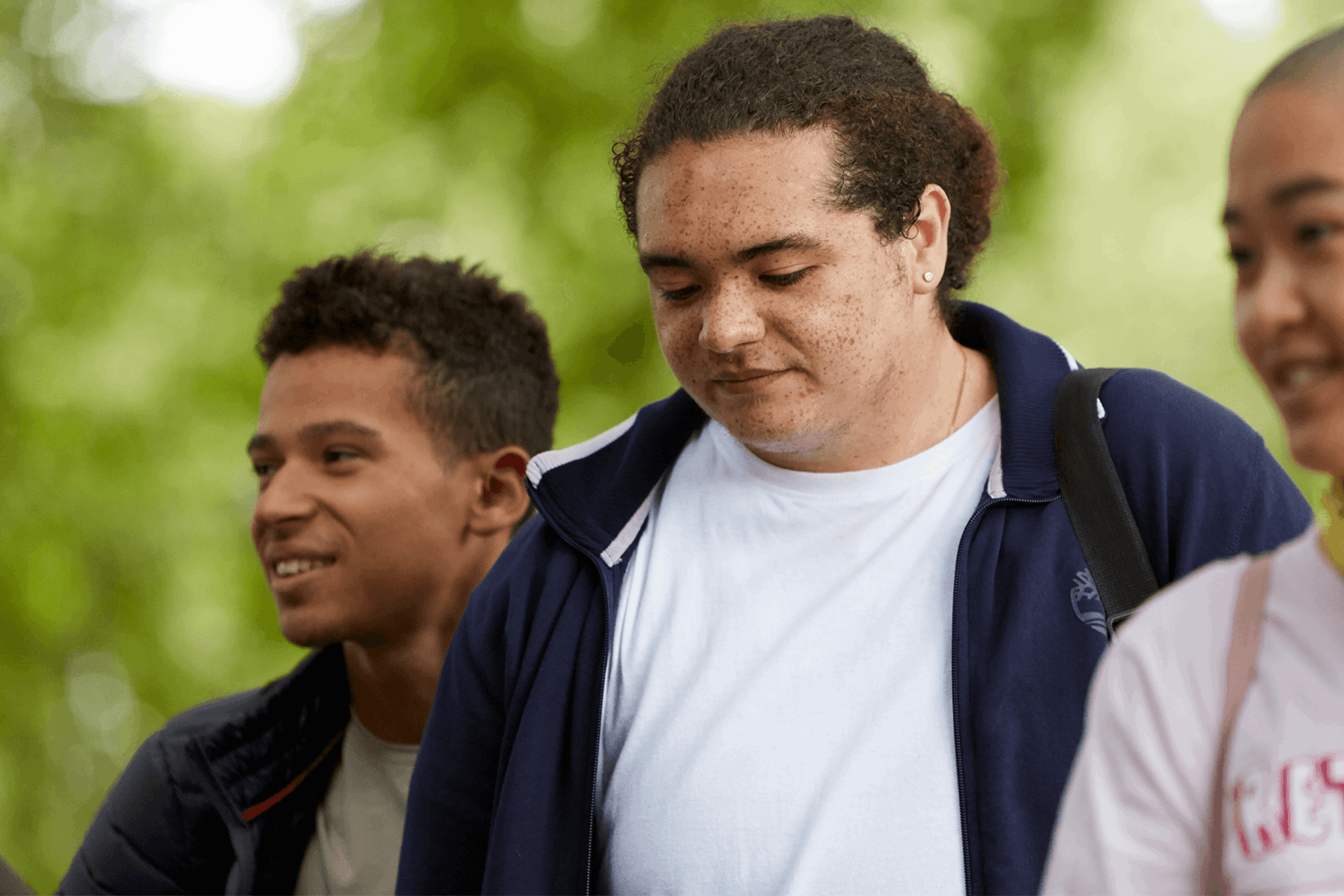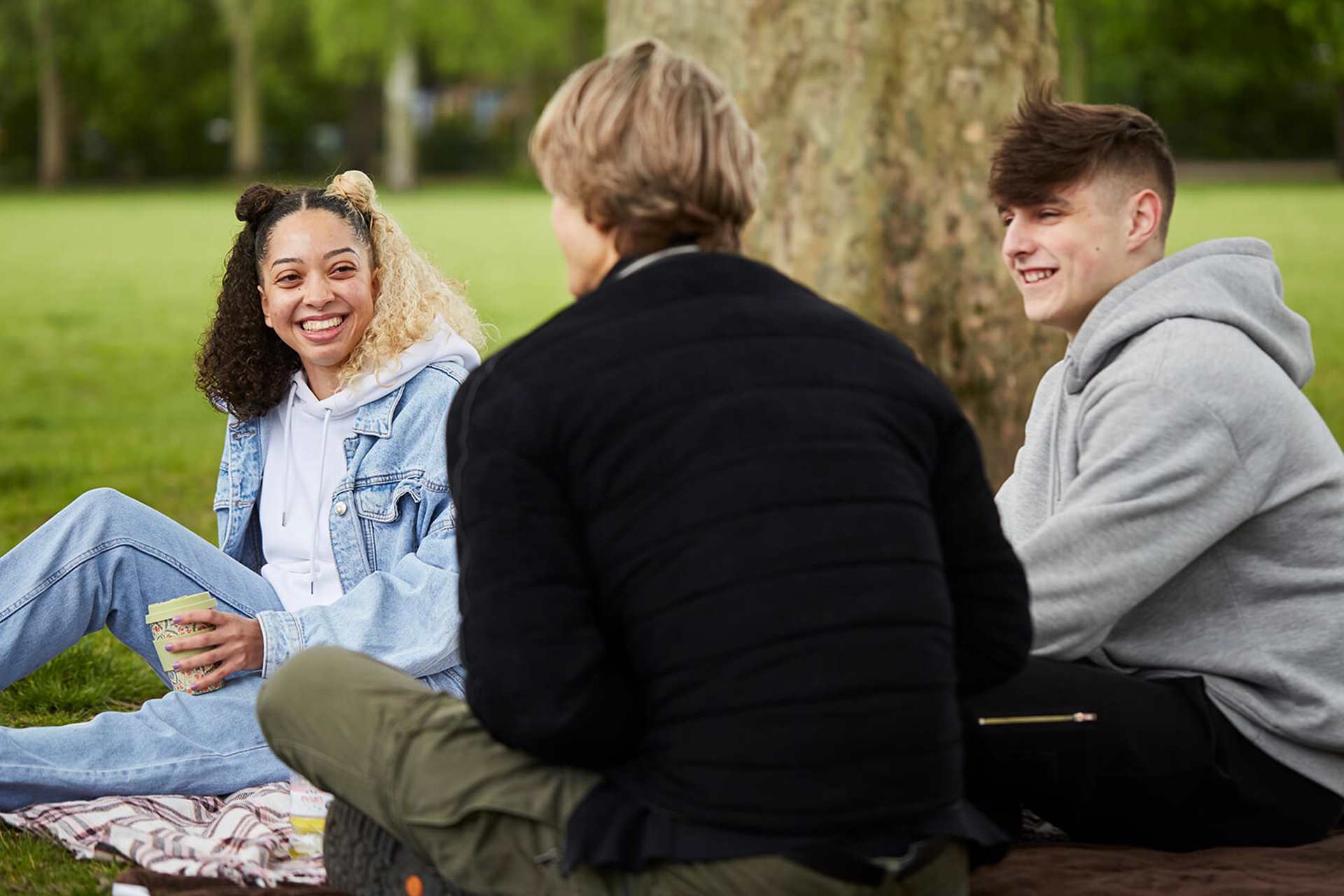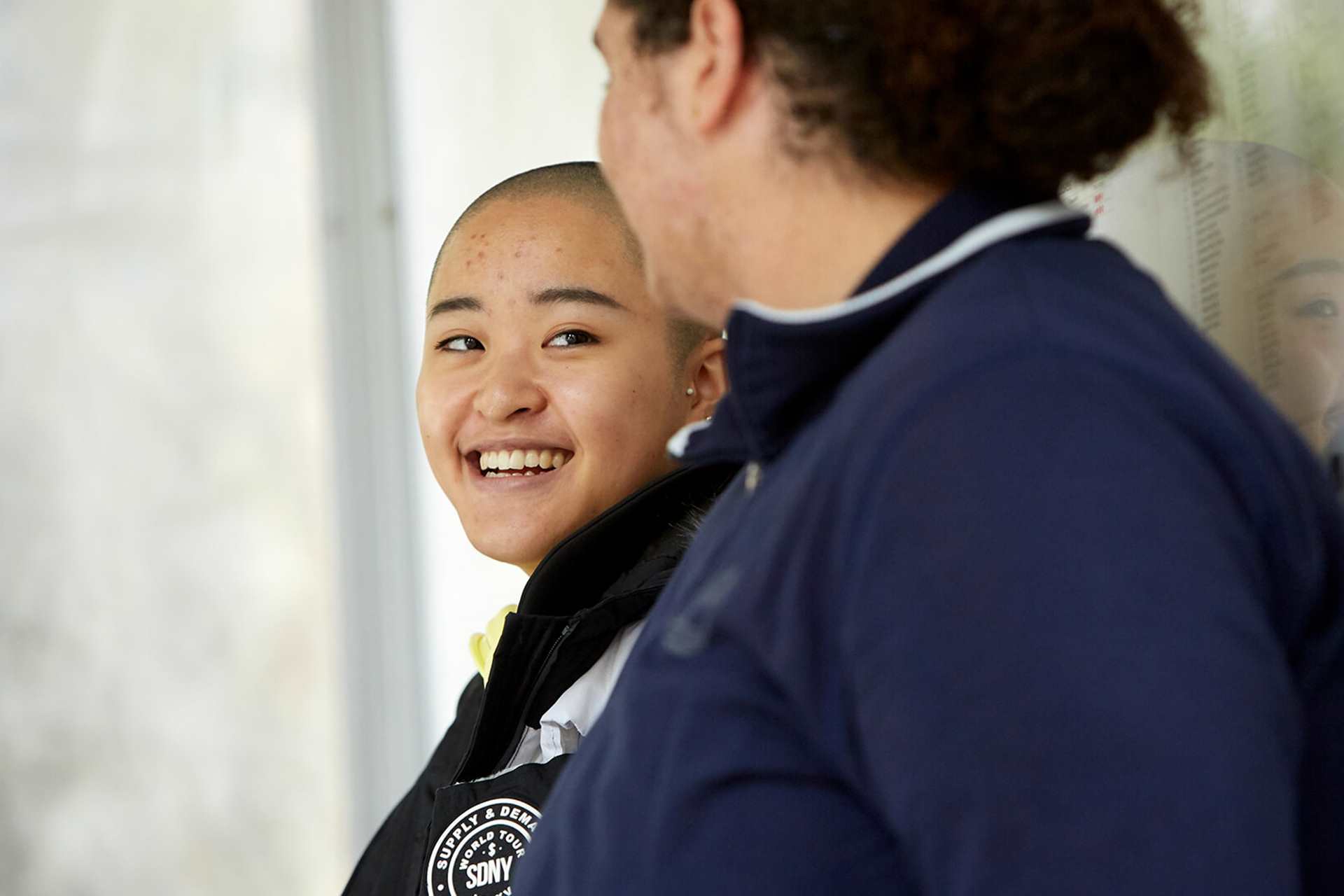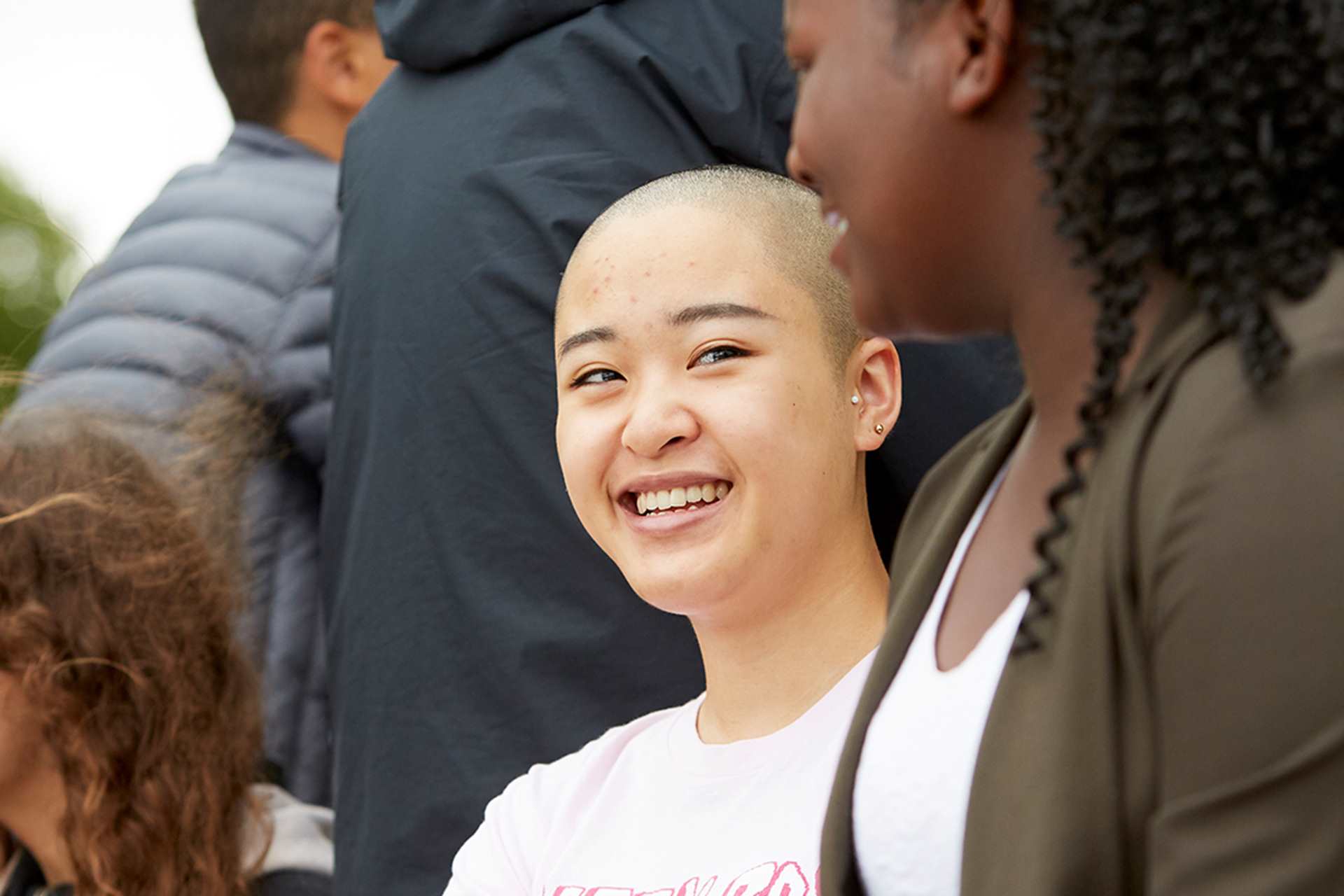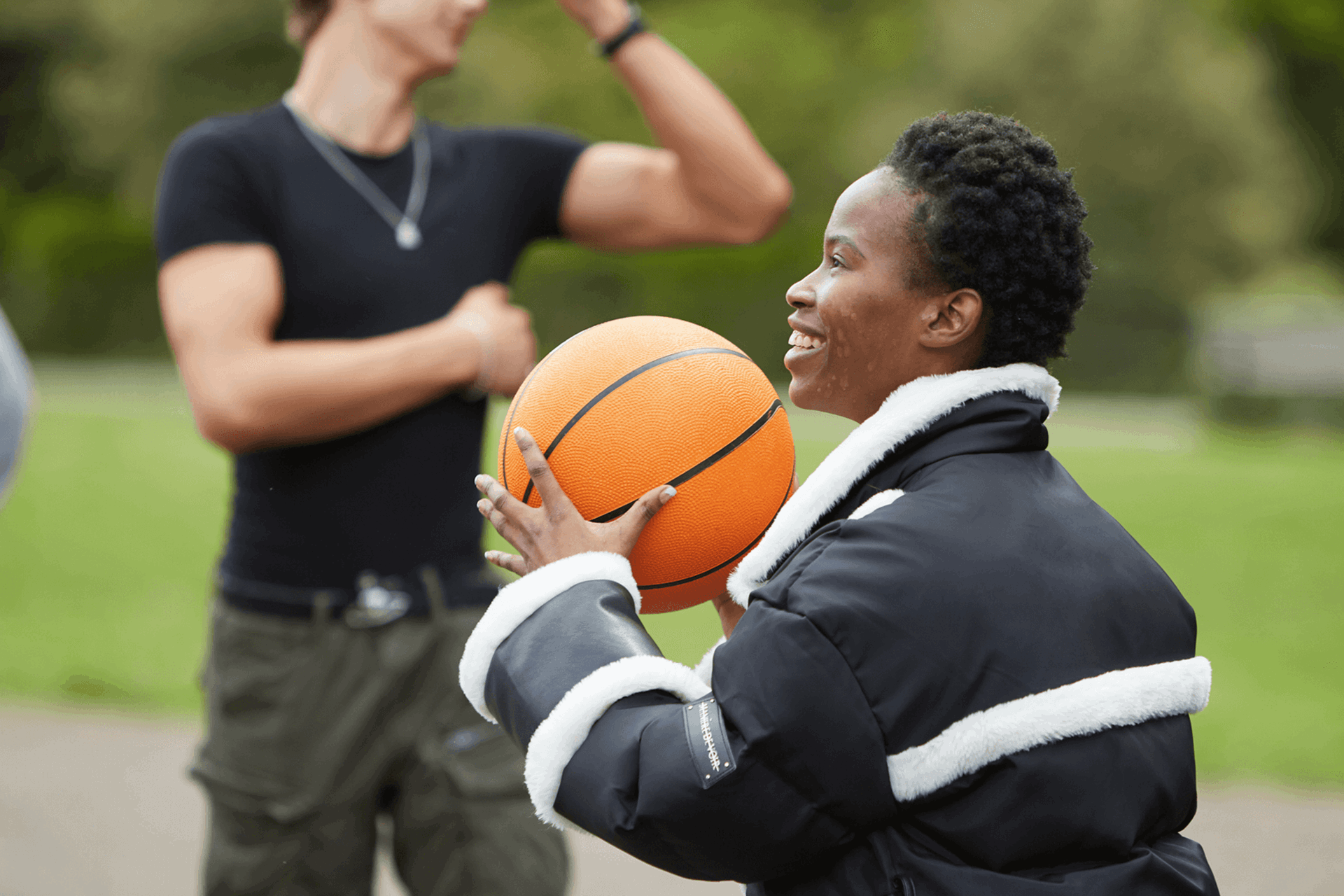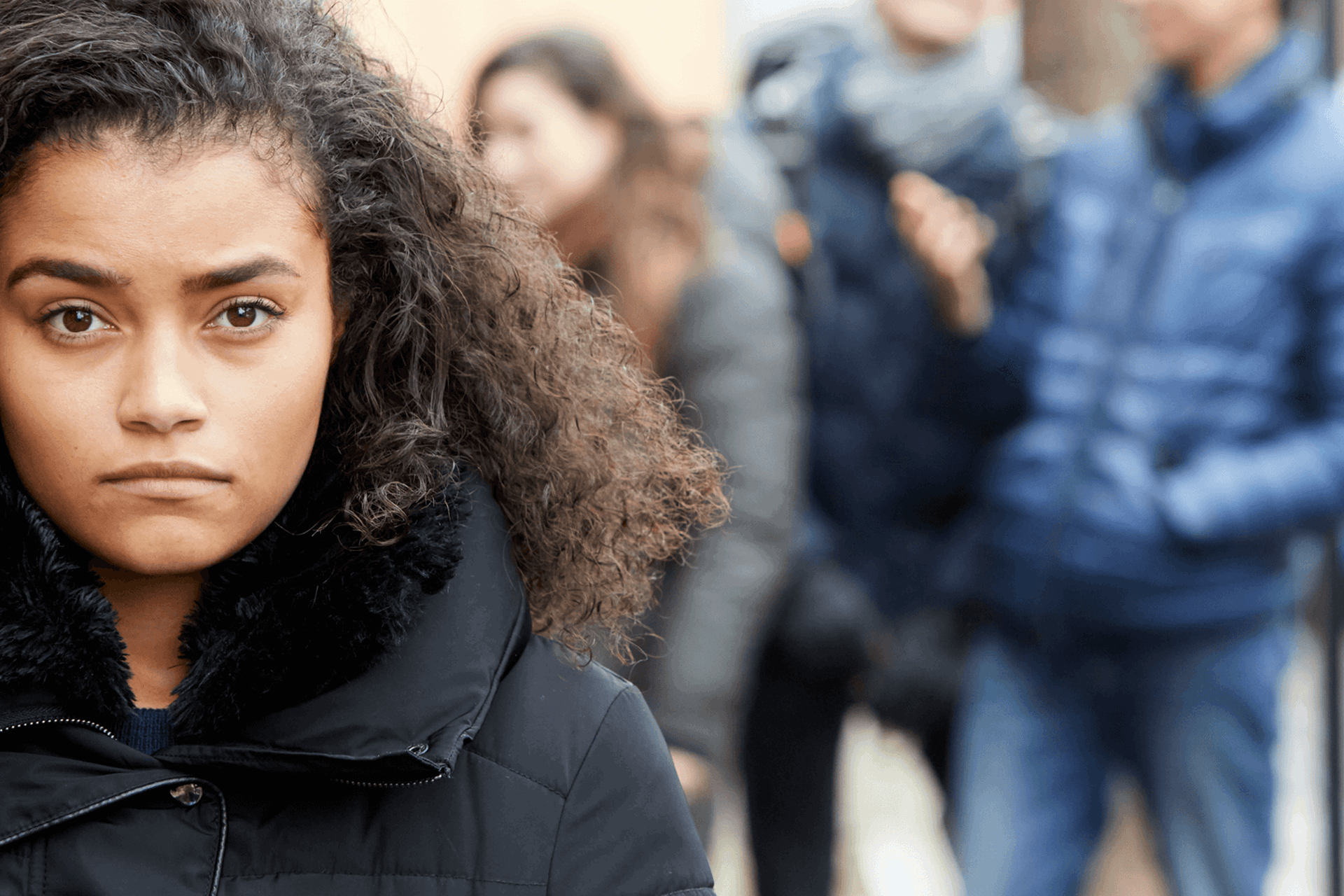Topics mentioned: sexuality and mental health
About: Our Activist, Charlotte, shares how she struggled with mental health and accepting her sexuality, and discusses LGBTQ+ representations in the media.
There's a difficult cycle of having to share a part of your life that non-LGBTQ+ people have the luxury of not having to explain, or justify, to others.
My story
Coming out is often not a singular event; it's a continual process. I have come out to family, friends, acquaintances and strangers, because people typically presume that everyone is straight/cisgender, so there's a difficult cycle of having to share a part of your life that non-LGBTQ+ people have the luxury of not having to explain, or justify, to others.
I never felt the way other girls my age did towards boys. I pretended that I did, and sometimes I wondered, and hope that, the other girls were pretending too.
I was 11 the first time that I thought I might be gay and I cried. I then lied to my mum, and to myself, about what I was crying about. If I could deny it, maybe it wouldn't be true. I hoped that I would start feeling how I was 'supposed' to when I was older.
I had dreams of getting married and having a family and I believed that marrying a man was the only way to achieve that. However, my feelings never changed. As I saw those same girls have their first boyfriends, I felt that there must be something inherently wrong with me, because I wasn't attracted to boys at all.
There was information out there, but I had to fight for it. It wasn’t taught at school, it wasn’t exhaustive and it wasn’t all good.
It was hard to identify where the feeling wrong about my lack of interest in boys stopped and the general feeling of being 'wrong' started because, at the same time, issues with my mental health were emerging. I always felt like I was either too much or not enough. Those negative feelings fed into my depression, self-hatred and self-harm.
At 15 I realised that I might like girls, so I explored anything LGBTQ+ that I could access. It made sense. I felt like I had an answer to a question I hadn't asked, while answering the ones I had been searching for.
There was information out there, but I had to fight for it. It wasn’t taught at school, it wasn’t exhaustive and it wasn’t all good. Then at 16 I came out to my friends and in turn my family.
My mental health had been declining rapidly, and several months later I was admitted to an inpatient psychiatric unit. Being gay didn’t cause my mental illness, however, my views towards my sexuality affected, and were affected by, my mental health.
In a society where being a cisgender, heterosexual person is at the epicentre [...] there is pressure on young people to conform.
I didn't have to overcome that I liked girls, but that I didn't like boys. The feelings of being 'wrong' in general took a lot longer to address, because where they may have once been attached to my sexuality, they had become an entity of themselves.
These thoughts were so interwoven with, and fuelled by my mental illness, that they were no longer recognisable. That’s how mental illness works; the negatives begin to suffocate you, warping your perception of reality and yourself.
In a society where being a cisgender, heterosexual person is at the epicentre, and the LGBTQ+ community faces prejudice, persecution and ignorance, there is pressure on young people to conform.
I knew that there was nothing wrong with being gay and that I could still have the future of marriage and family I had dreamt of, but I needed to rebel against the image of what society had conditioned me to believe that should look like.
The lack of positive representation perpetuates the notion that there is something wrong with being LGBTQ+
The lack of representation of LGBTQ+ in the media
Young people, especially those who are LGBTQ+, seek comfort in identifying with others. That could be friends, celebrities or fictional characters, to help them see that they aren’t alone in how they feel.
There are some amazing examples of queer representation in media today, however, there still aren’t enough. Often LGBTQ+ people in the media are portrayed problematically. There is either no representation or it's a story about overcoming horrific difficulties.
While these stories need to be told, there is more to being LGBTQ+ than the tragedy of which it has become synonymous with. Mainstream media depicts straight, cisgender people in a range of different situations.
But where are the gay princesses, bisexual scientists, transgender wizards, non-binary athletes or asexual pirates? Where are our stories of happiness, love and good health?
The lack of positive representation perpetuates the notion that there is something wrong with being LGBTQ+, which for LGBTQ+ people of any age, is incredibly hard to deal with. LGBTQ+ people exist in all walks of life and ought to be represented as such; we deserve better.
There was information out there, but I had to fight for it. It wasn’t taught at school, it wasn’t exhaustive and it wasn’t all good.
Accepting who I am
Accepting who I am was just as important to me as it was to come out to other people. I was trying to find myself in a time where seeing any kind of future was incredibly difficult.
In both my sexuality and mental health, I have been through several cycles of acceptance and discovery, all of which have shaped my growth.
Today, I am the President and founder of my University's LGBTQIA+ Society. I am passionate about mental health and LGBTQ+ rights, and I am proud of who I am.
I am unapologetically me; a strong, gay woman.
More information and advice
We have tips and advice to help you find the support you need. Take a look at our guides.
-
Samaritans
Whatever you're going through, you can contact the Samaritans for support. N.B. This is a listening service and does not offer advice or intervention.
- Opening times:
- 24/7
